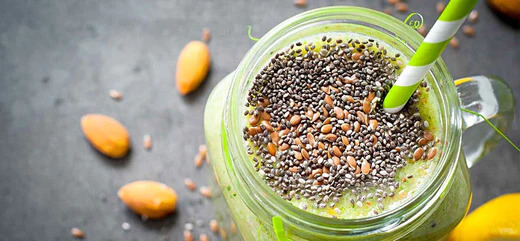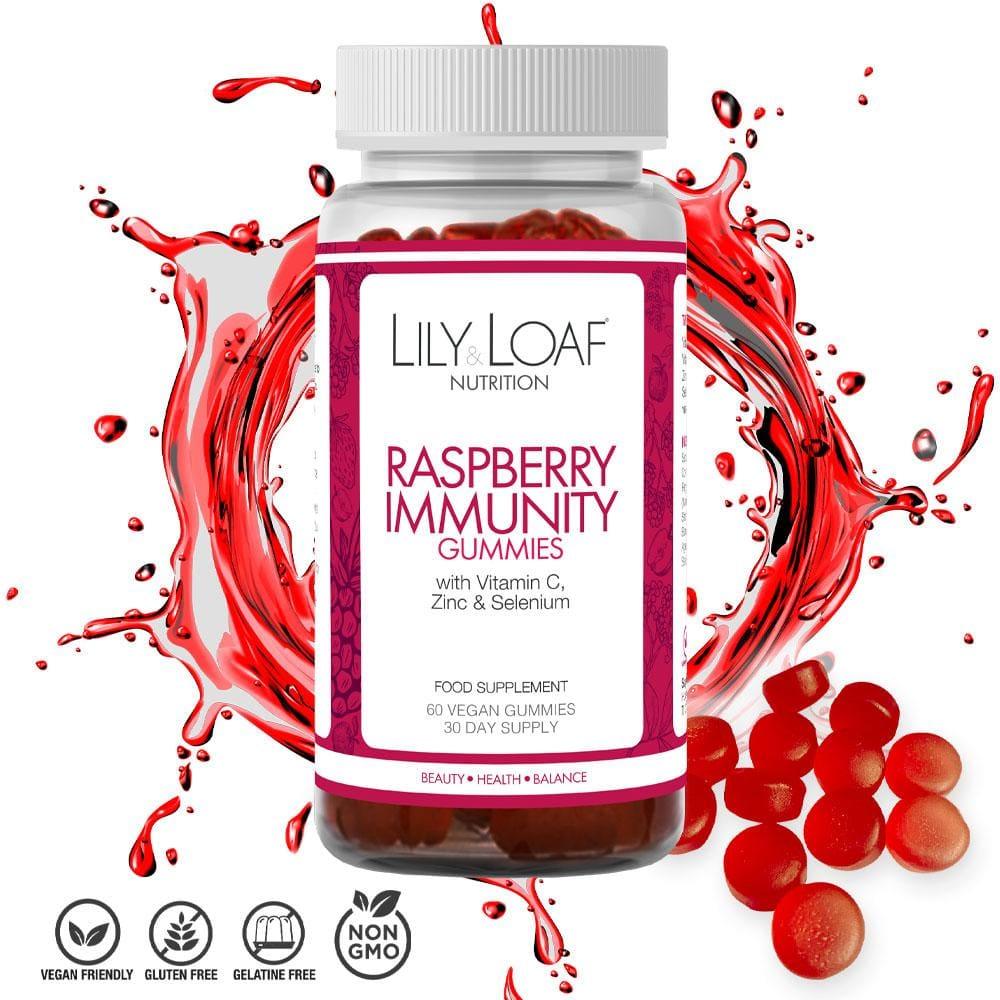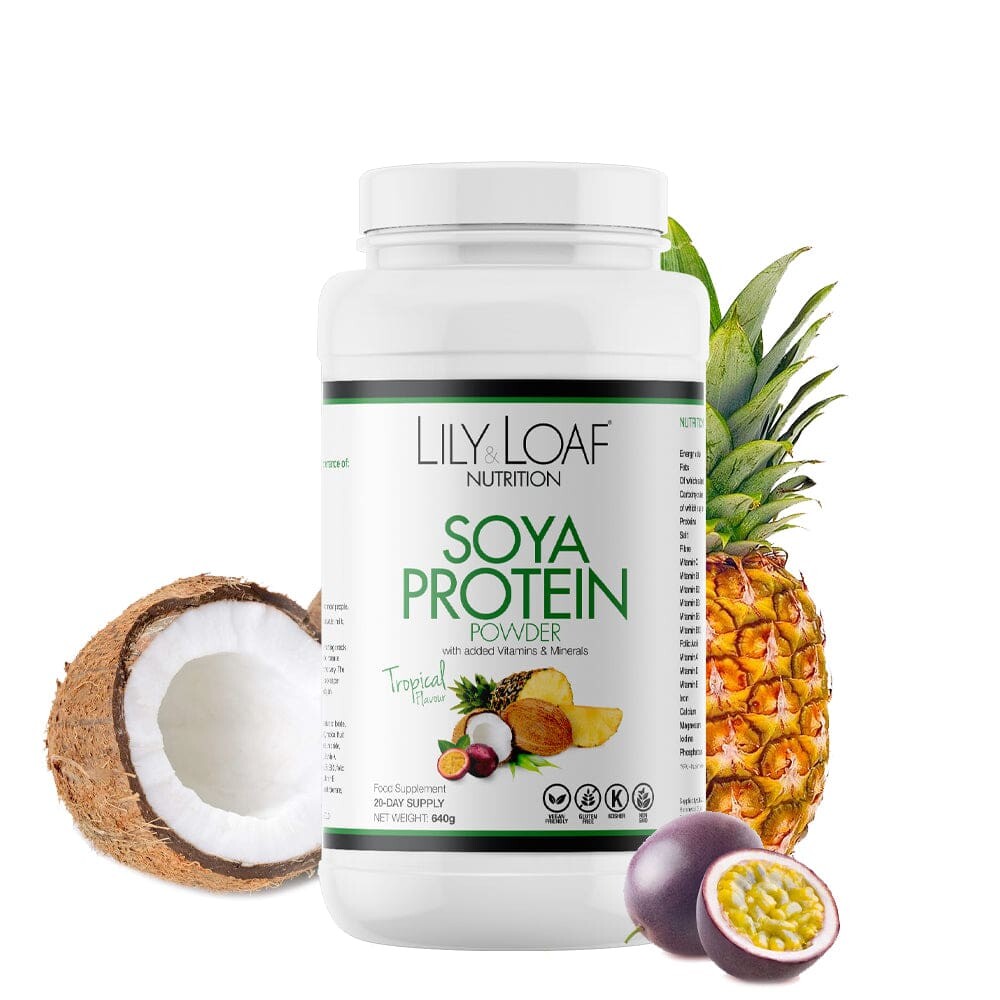
Plant-based diets are widely considered to be among the healthiest approaches to eating.
They are also one of the most sustainable lifestyle choices because they tend to use fewer natural resources and are less taxing on the environment.
But what are the benefits? Are plant-based diets really a healthier choice than animal-based ones?
And are they really more sustainable and environmentally friendly?
At Lily & Loaf, we embrace a natural approach to healthcare and nutrition.
Our ethos is based on respecting the natural world and all the benefits it provides, by using unsurpassed ethical and sustainable manufacturing methods to produce a wide range of natural, nutritional supplements.
- Many of our products are plant-based, vegetarian and vegan friendly. And every product we supply is also free from harmful toxins, pollutants and animal cruelty.
- But why is this?
- Why do we believe so passionately in the benefits that plant-based nutrition can bring?
- And how can this approach help boost your overall health, wellbeing and happiness?
Read on to find out more..
WHAT IS PLANT-BASED NUTRITION?
The term ‘plant-based’ is open to interpretation, and many people understand it in different ways.
Some people follow a strict vegan lifestyle which involves boycotting all animal products, not just those that end up on a plate.
Others make plant-based ingredients, such as fruit and vegetables, wholegrains, nuts and legumes the main focus of their diet. They may, however, occasionally eat meat, fish or dairy products as well.
So, the simplest definition for plant-based nutrition is a diet that comprises only foods derived from plants.
There are several reasons why you might want to follow a plant-based diet.
You may be concerned about the impact that food production is having on the environment and place your focus on supporting sustainable sources and manufacturing methods.
You may be interested in improving your overall health and wellbeing by cutting processed food and unhealthy fats and proteins from your diet.
Or, if you’re an animal lover, you may follow a vegan or vegetarian diet.
Plant-based nutrition is a broad church, but in essence, its general approach is based on eating more foods from plant-based sources, and fewer animal-based or processed foods.
If you choose to eat more plant-based ingredients, unless they are highly processed, you may also be able to cut excess sugar, salt, refined white carbohydrates, and fatty, greasy or deep-fried foods from your diet.
WHAT ARE THE BENEFITS OF PLANT-BASED NUTRITION?
Eating well is the cornerstone of good overall health and wellbeing. Incorporating more plant-based foods into your diet will certainly help you eat more cleanly.
While protein is important, plant-based foods naturally tend to contain more of the essential nutrients, vitamins, and minerals you need daily for optimal good health.
Plant-based ingredients also tend to be lower in calories, which can be burned off quicker, so if maintaining a healthy weight is your goal, going more plant-based can help.
However, on top of these general benefits, there are other ways that plant-based nutrition can enhance your health and wellbeing, including:
People who follow a plant-based diet tend to have lower blood pressure than those who regularly eat animal products. Fruit and vegetables are rich in potassium which helps lower blood pressure. Plant-based foods also tend to be lower in fat and sodium and also don’t contain any cholesterol. This helps to reduce the blood’s viscosity, which makes it easier to pump around the body.
Linked to the above, as plant-based foods can help thin the blood and lower blood pressure, this places less strain on the heart and circulatory system. And because there are fewer fatty deposits in the blood from unsaturated animal fats and cholesterol, blood vessels don’t get clogged up as much. Fruits and vegetables also contain more vitamins and minerals that promote good heart health.
Plant-based foods are usually higher in natural antioxidants than animal-based ingredients, which can help improve immunity, fight infection and reduce the toxic activity in the body which can lead to a host of chronic conditions over the long-term, such as heart disease and stroke.
Numerous scientific studies have found that people who follow plant-based diets have a lower risk of developing Type 2 Diabetes.
Those following a completely vegan diet have the lowest risk, although those following a vegetarian diet that also includes eggs and dairy products are at lower risk than meat-eaters.
Research has also found that plant-based diets can help improve insulin sensitivity and reduce insulin resistance.
Plant-based ingredients have been found to boost cognitive function, improve brain power and enhance mental wellbeing.
That’s because fruits and vegetables are rich in polyphenols, natural antioxidants that help prevent or slow the damage that harmful free radicals do to brain cells.
Polyphenols may also help to slow the progression of Alzheimer’s.
TRY OUR NATURAL SUPPLEMENTS
If you’re looking to incorporate more plant-based nutrition into your diet or follow a vegan or vegetarian lifestyle, making sure you get the right amounts of vitamins and minerals for optimal health into your diet is essential.
While plant-based ingredients are rich in these vital nutrients, Lily & Loaf’s range of plant-based natural supplements can help you top up any shortfall.
They can provide a perfect way of complementing your diet to ensure you get the right amount of nutrients you need.
Our supplements can be used as part of a healthy lifestyle plan to meet your daily dietary requirements, support your wellness goals, and improve your overall general health.














